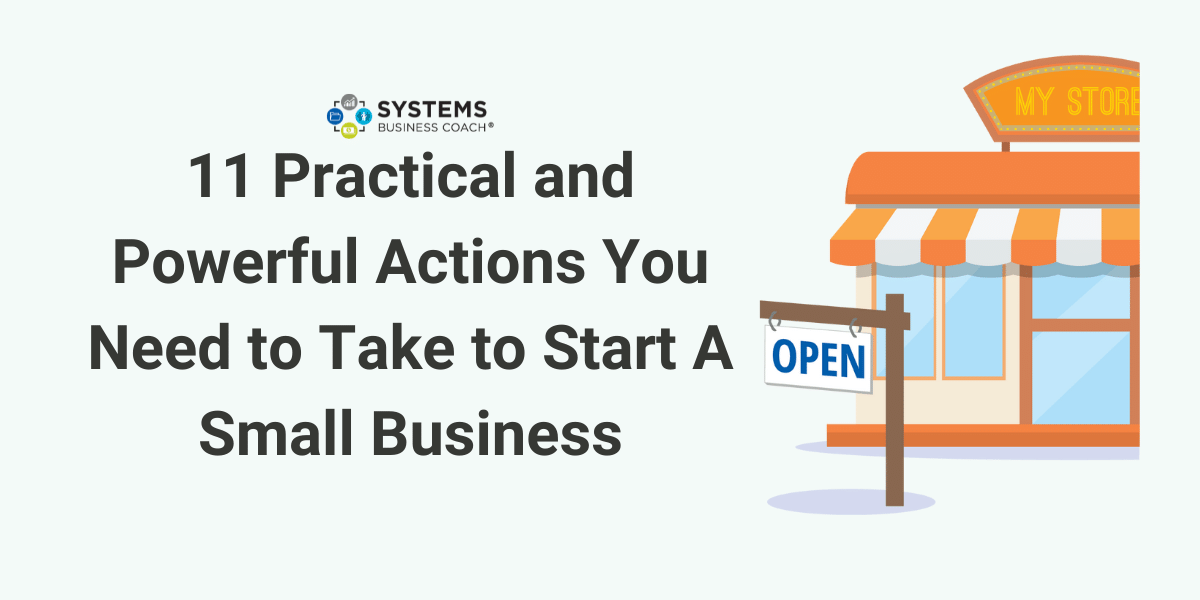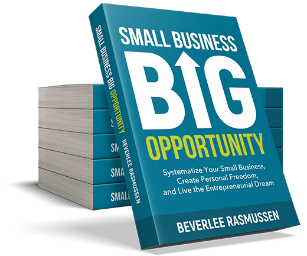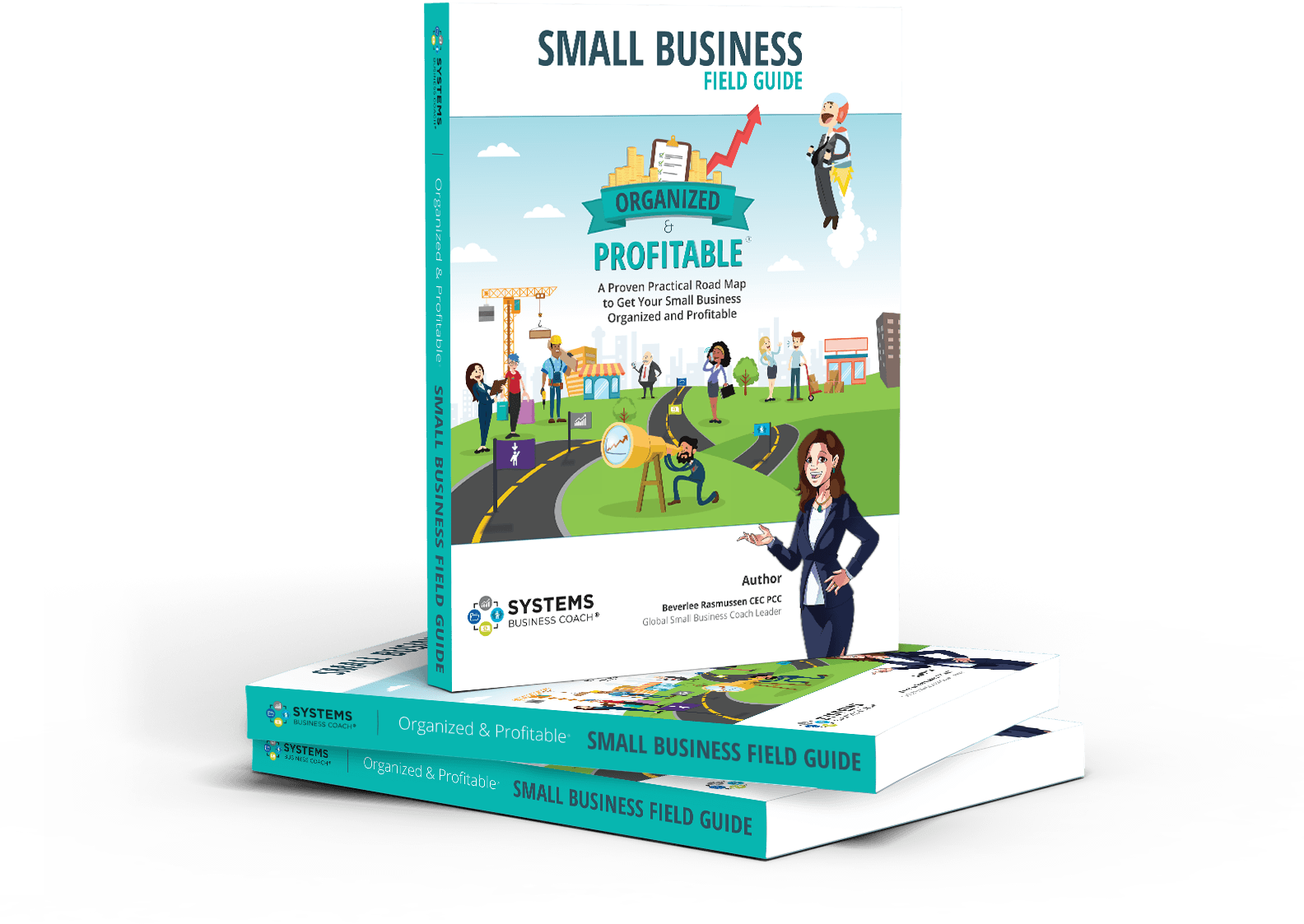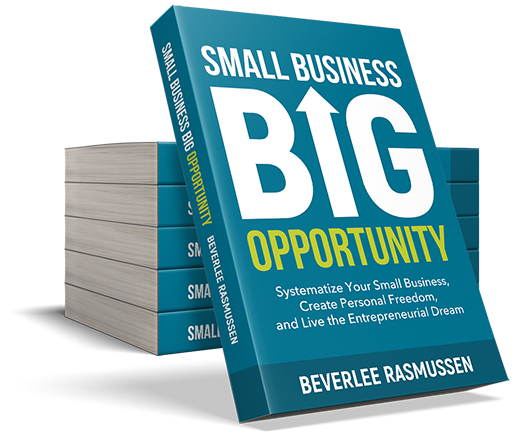Whether you want to start a micro art studio on Etsy, a franchise-style cafe or a tech start-up, you need a solid foundation to support the success of your business. No matter what size business you want to start, or what industry you are in, or even if you consider yourself a “solo-entrepreneur”, this list covers the basics you need.
- Write a business plan
- Choose and register your name
- Decide on a business structure
- Claim your addresses
- Get insured
- Open a bank account
- Plan for taxes
- Apply for a business license
- Have cash in the bank
- Consider your personal finances
- Set up a bookkeeping system
Are you ready to start a small business?
Perhaps you started this journey because you thought working for yourself would be better than working for someone else. This can be true if you use your energy, talent, passion and drive to create an organized and profitable business. It may not work if you don’t identify and plan for the unique gaps in your own abilities. (The same ones that caused challenges with past bosses!). How you show up in the world anywhere is how you show up everywhere.
For example, maybe in your past job, you hated doing paperwork. That’s fine! Just make sure that an administrative assistant is one of your first hires. Not sending your reports to the government will put you out of business so fast you won’t know what hit you.
Or if you’re a worrier, that’s fine too. Just make sure you put systems in place to mitigate risk and reduce reasons to worry. How? Spend a little more time upfront setting up your business so you’re confident in your knowledge of how it operates. Ask yourself, How would this need to work so I wouldn’t have to worry about it?
Before you jump in and start a business, be honest with yourself. Do you have the physical, emotional and financial capacity to do this? If yes, the rewards can be immense.

What do you need to start a business?
There’s the emotional side of a small business startup, and there’s the practical side. Let’s address the practical side next.
Write a business plan
The time you spend now to create a sound business plan may be the biggest return on a time investment that you will ever earn. Please don’t skip this step. Expect to spend between twenty to forty hours developing your plan. Your business plan will help you decide which products/ services to offer, how much the business can earn and what it will cost to create and run. Even if you are going it alone as a solo-entrepreneur, take the time first to create a comprehensive business plan.
Choose and register your name
Research and choose a business name that you can legally register as your own. You don’t want to learn two years into owning the business that someone else had the name before you and is now forcing you to change yours.
Decide on a business structure
You will need to decide on and set up your legal structure. Are you a sole proprietor or will you need to incorporate? If you are going into business with a partner, get legal advice to create a partnership agreement.

Claim your addresses
Every business needs a digital address. That’s your website’s domain name. Pick one that’s closest to your legally recognized business name and purchase it along with website hosting from a domain registrar and hosting service. Do this directly to maintain control over this most important business asset. Set up an annual reminder to renew your domain so that you don’t inadvertently lose it.
If you also need a physical address, scope out the territory. If foot traffic is important for your business, put yourself in a position where a customer base comes to you. Maybe physical location is not important but you still need one, consider starting out renting an office in a co-working space. This gives you a dedicated office space as well as a physical address. Have a lawyer fully review any lease agreements to make sure you understand exactly what you are signing up for.
Get insured
Depending on your industry, you may be legally required to purchase insurance. Most often you will need to acquire worker safety and liability insurance. Check with your local business development office for requirements in your region.
Open a bank account
Open a business bank account. You will want to keep business and personal money separate. It will help organize bookkeeping, as well as maintain a healthy boundary between you and your business. Apply for a business credit card as soon as you are able for the same reasons. It can be really messy and expensive to sort out personal and business expenses at tax time.
Plan for taxes
Get advice on tax planning at the start of your business. What taxes are you expected to collect? How and when are you required to submit them? Set up reporting and payment systems early to stay compliant. In many countries, swift action in the form of freezing your business bank account occurs for unpaid taxes. It is not to your advantage to avoid collecting and paying taxes by accepting or paying in cash, this will not help a small business be successful long term.
Your tax planning depends not only on where your business is, but also on what you sell. No matter what your taxes are, it’s worth it to work with an accountant and bookkeeper to avoid missing payments and paying penalties.
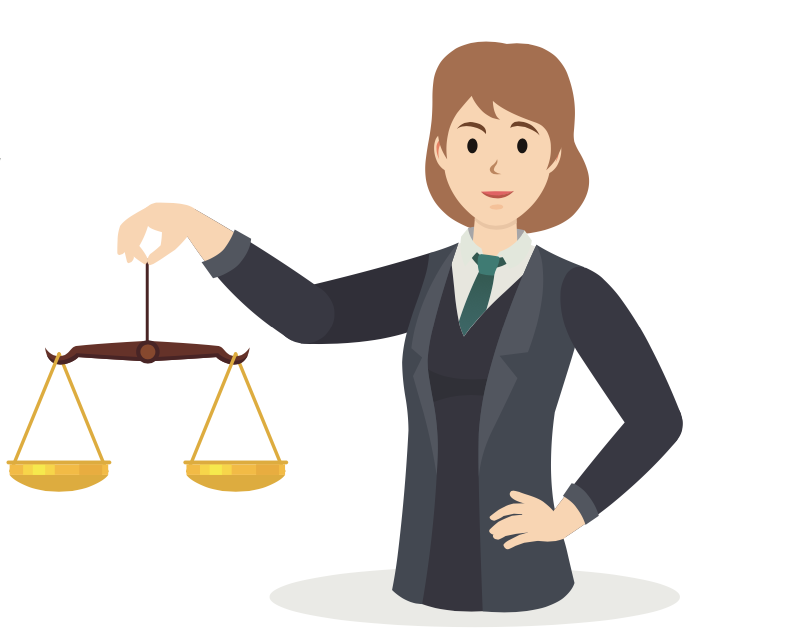
Apply for a business license
An operator’s license is essential in most countries. Paying to have a municipal or local business license has its advantages. For example, a license gets you listed in local directories as a real business in your city and industry. And if you don’t have a license, you may not qualify for government programs or grants. Apply for any industry-specific licenses as needed for compliance.
Have cash in the bank
Ideally, you will want to have three months’ operating cash in your business bank account at all times. This will account for any unforeseen expenses, and give you comfort as you navigate the beginning of your business. Plus, it’s a smart move to save six months’ worth of personal income for your family so you can still pay your bills if you’re not profitable for the first few months.
Consider your personal finances
If you plan to quit your job to start a business, apply for any mortgages or loans before you leave. It will take generally two full years of business profit before a lender will consider your small business income. Be very careful signing personal guarantees for anything unless you are fully aware of what that will mean for you if you default on those agreements.
Set up a bookkeeping system
Start tracking your money from day one. This allows you to document everything that you spend building the business, including the money and time that you personally contribute. You will be so happy at tax time when you have accurate up-to-date records.
Start your business!
A healthy community is made up of thriving self-employed, micro, and small businesses. And a thriving small business economy is only possible because of you, the owner. It’s an honour to be a small business owner. It’s hard work and it’s important work.
If you want it, you can do it!
Until next time, enjoy your Entrepreneurial Journey!


